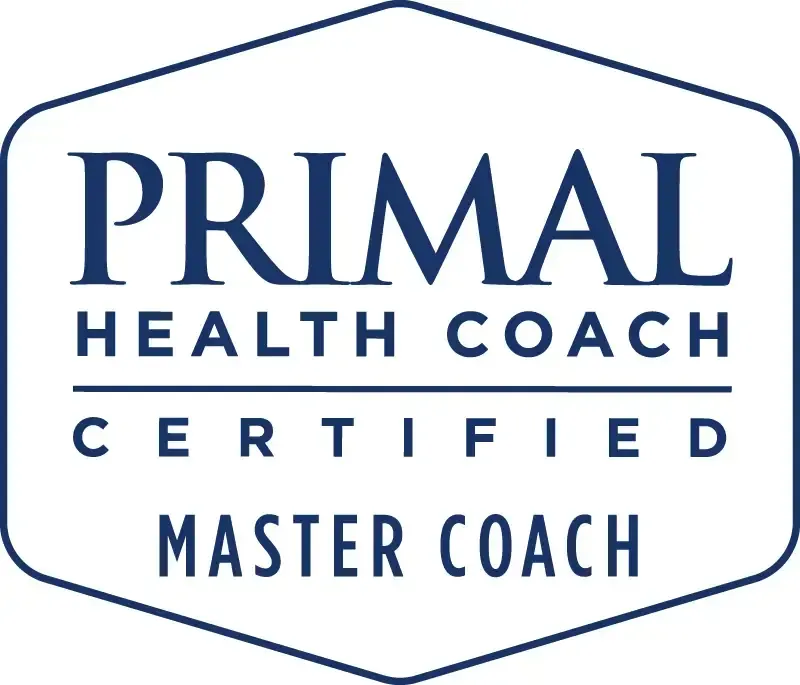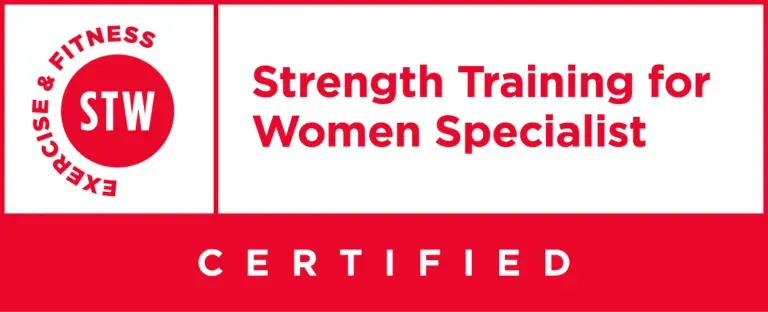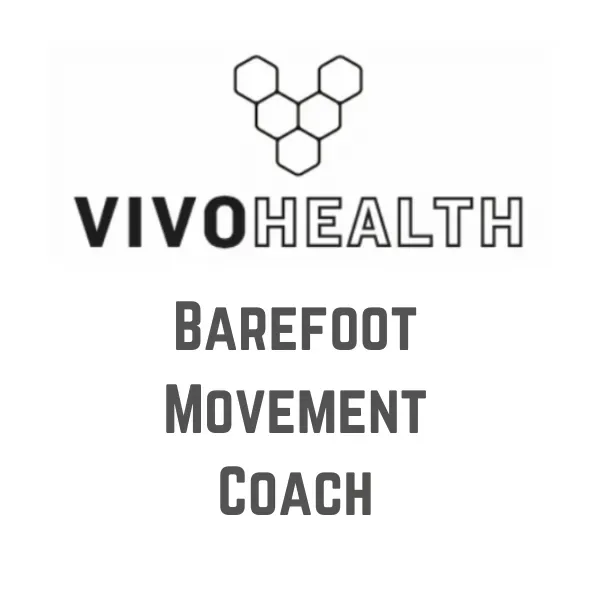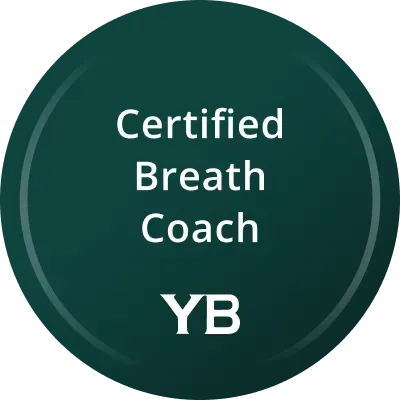
Travelling Tips to Avoid Jet Lag
This was started on a plane somewhere over Canada (2:18 p.m. at home - 8:18 a.m. at destination) - finally finished and edited a few months later back on home soil.
We all want to make the most of our travels - reconnecting with loved ones, seeing the sights, making memories. Few of us, however, are actually that excited by the travel itself. In our household, whenever we’re packing for a trip, the idea of translocation comes up. How good would it be to instantly disappear from our starting point and arrive at the destination? We’d cut out so much faff and we wouldn’t be getting frisked by the lovely people at border force or enduring the horrors of airplane food.
Even with translocation, one problem remains. Jet Lag.
Our bodies failing to realise that we’ve hopped a few time zones in the space of an afternoon, it’s almost as if we’re not really evolved such endeavours…
We’re obviously not, but I think, travel is here to stay and I’m quite glad of that - though I now travel so much less than I used to out of concern for the environmental impact, and I love being in my own garden (I’ve become an old man basically).
Anyway, on to the meat of this article - how do we best set ourselves up to avoid jet-lag?
Change your Timekeeping Device as Early as Possible
As soon as is reasonably possible, get your mind into the time zone you’re travelling to. This is best done by changing your watch and phone to the target time zone. This builds a bit of mindfulness around time and also sets you up for the jet lag avoiding steps below. If you can manage a whole day lead-in, excellent. Half a day, great. On arrival at the airport, still a great option.
Time your Sleep (or Deep Rest) Tactically
It may well be midday when you leave home, but what time is it at your destination? If it’s still in the early hours, get onto the place, don a blanket, and get some shut-eye. Don’t sleep well on planes? No, me neither! Grab the blanket, close your eyes (even better, use an eye mask) and practice some deep breathing that gets your body into its rest and digest state - who knows, you may even get 40 winks or some intermittent naps through using this tool.
Spin this the other way too. If on a night flight but it’s daytime at your destination - watch a good movie, talk, move regularly, mimic your daytime activities as much as possible.
Arriving in the middle of the night is a tough one… just do your best to transition from arrival back to sleep ASAP.
Time Your Meals - and Hydration
As with sleep, time your meals and hydration with the natural rhythm of your destination. This needs to be started with fasting from food for the ‘night-time’ of your destination, which for me has been overnight at home followed by not eating until just before starting to write this on the plane. My very hospitable Indian aunt was rather distraught at the idea I would leave her house this morning without food, but I stuck to my guns and explained why - I’ll let her feed me heartily on my return.
Pack plenty of food for the journey so you can break your fast with a high-protein meal for breakfast. Do not eat the airplane food! No matter how many times I’ve tried to order ahead for health-supportive food, it doesn’t happen! You can, just about, put something together from the departure lounge, but planning ahead here is key.
(You may want to avoid eating on planes altogether. Flying is inherently stressful on the body. In a high-stress state, you’re likely to store excess calories as visceral fat (belly fat) as visceral fat cells have more stress hormone receptors. Spun the other way, in a fasted and stressed state, you’ll also better utilise belly fat for energy - this is probably more of a tactic to consider if flying regularly where eating/not eating stressed will build up either way).
Keep Moving
When it’s daytime at the destination, let your body know this by moving. If on the plane, intentionally go to the toilet when there is a queue, as many airline personnel aren’t happy that you’re in the aisle doing burpees to align your circadian rhythm. If in your seat, and you know the person next to you, keep wriggling. If you don’t know them, then heel raises are your best friend.
Once you’ve landed and jet lag kicks in, move, move, move. Do some heavy lifting, some MovNat mobility work, or, to quote Mark Sisson, JFW - the J stands for just, and the W stands for walk… use your imagination. Regular movement is also a great way to build tiredness, literally accumulating sleep need, so move plenty upon arrival to make sure you can conk out when needing to on that first night.
Be Cautious with Caffeine
The quick crutch of caffeine can be very tempting when needing to keep going in a new time zone. It can work well so long as you’re using it within the usual rules of thumb. The big ones being a sensible dose and not using it in the afternoon of the new time zone. A triple shot at 5 pm may well help you keep going until 9 or 10pm but it may also keep your sleep disrupted until the early hours. A double shot at midway, however, may be a useful tactic for you. We all respond a little differently to caffeine, so use past experience as your guide here. And for those of you who think you’re not caffeine responders… tell me how well you do with a week of no caffeine!
Routines
Every person I’ve ever worked with has benefited from a Morning Routine and an Evening Routine. These regular patterns signal to your body that it’s time to get going or time to wind down. Just because you’re on holiday, do not let these routines go. Setting yourself up well for sleep as well as for the day through self-care means that you and your family (or business partners) are more likely to get the most out of your trip than you would by entertaining sloppy… sorry… ‘relaxed’ routines. Haven’t got your routines nailed yet, check out these top tips and if you’re still struggling, book a call and we’ll see if what I offer can help you establish great habits for your travels and for your everyday life.
Everything Else
As always, all of the above works better if your metabolism is healthy so that you can access energy as and when you need it and slide into sleep easily without compromising inflammation levels or mental gymnastics of the night. For nailing this basic groundwork, check out the other pieces I’ve written, social media or book a call to start your journey toward #alldayenergy, consistent clarity and your ideal body weight.
My Travel from Home to a Wedding in the Southern States of the USA
Wake at 5 a.m. (11 p.m. destination)
Hydrate - take every opportunity to do this as water is sometimes limited when travelling
Travel to airport and check in etc.
Scavenge for nuts and olives (was hoping for some beef jerky or yogurt but no such luck at Heathrow T3)
Board flight, don’t blanket, breathe slowly and deeply (drift in and out of sleep)
1:15 p.m. (7:15 a.m. destination) - get up and do some primal essential movements - get told off by a flight attendant.
Eat my scavenged food (had turned down plane food obvs)
Land at midday destination time (6 p.m. at home) - I now had a number of hours to kill until my friends arrived.
Fill my time attempting to walk anywhere from Dallas Fort Worth Airport (You can’t, but you can rack up 10,000 steps trying), eventually find a shuttle to a hotel (very few running - don’t arrive in the USA on the 4th of July).
Get a baked potato with chilli, bacon, and ‘English Cheddar Cheese’ (the biggest potato I’ve ever seen - the waitress told me they have bigger potatoes in Texas than in Oklahoma or Arkansas (The worst spelling of a place name ever - If you already have a state called Kansas and then you put ‘AR’ in front of it, you can’t call that state Ar-Ken-Saw).
I also had, what I thought, was a funny conversation about the US breaking free from British rule, the waitress didn’t get it and seemingly didn’t much about gaining independence… maybe she thought Will Smith liberated them from aliens?
Got back to the airport, friends arrived, I’ve been awake a long time! They are wanting dinner - we head to a chicken wings place - the wings are deep-fried - I am not going to eat this late or eat deep-fried…
Until…
… I discover they are deep-fried in beef tallow! When I asked, the waiter looked at me like I’d got two heads! Of course, it’s cooked in beef tallow, we’re in Texas! I decide that I will eat to be sociable and stimulate being able to stay awake for the next four hours before getting to our destination.
3-hour journey to where we’re staying… we’re usually in the sea if we drive 3 hours from home in the UK (unless you go via the M6 or M25, then you could still be a few miles from home.
Total Travel time: 23 Hours
Sleep: Not sure
The next morning I awoke an hour after sunrise, a little groggy but nothing crazy and then cracked on with no jet lag whatsoever. Which is now my traveling norm.
If you take my advice above I totally believe you can at least mitigate some of the effects of jet lag and with a bit of stubbornness thrown into the mix - you might be able to eliminate jet lag altogether.
Frequently Asked Questions
What are the best ways to avoid jet lag?
Set your watch to your destination time. Sleep when it's night time at your destination or at least res well, when it's daytime move around and expose yourself to daylight as much as possible. Eat meals at times in keeping with meal timing at your destination, this might mean fasting for 12 hours or so as you would if you were sleeping. Only use caffeine when it's morning in the target time zone. Stick you your usual morning and evening routines as much as possible.
Should I eat on the plane?
You almost don't want to eat food provided on the plane. It's likely to be cooked in seed oils, feature a number of preservatives and be very low nutrient density. Take your own food or use the journey as a time to fast (see benefits above).
How do I stay awake in my new timezone?
Keep moving, it's hard to fall asleep if you're walking, pumping iron or dancing the macarena!
How do I recover from Jet Lag if I'm Already Feeling it?
Keep moving during the day. Get your meals in the right place, especially breakfast. Get plenty of sunlight, this helps cue your circadian rhythms, then, once it's dark, get your blue light blocking glasses on! Avoid too much caffeine, especially in the afternoon/evening.
What do I do if my Kids have Jet Lag?
Use the exact same strategies as above where possible. Remember, their primary model for behavioural patterns is YOU! Get yourself sorted and they'll more easily follow suit.









